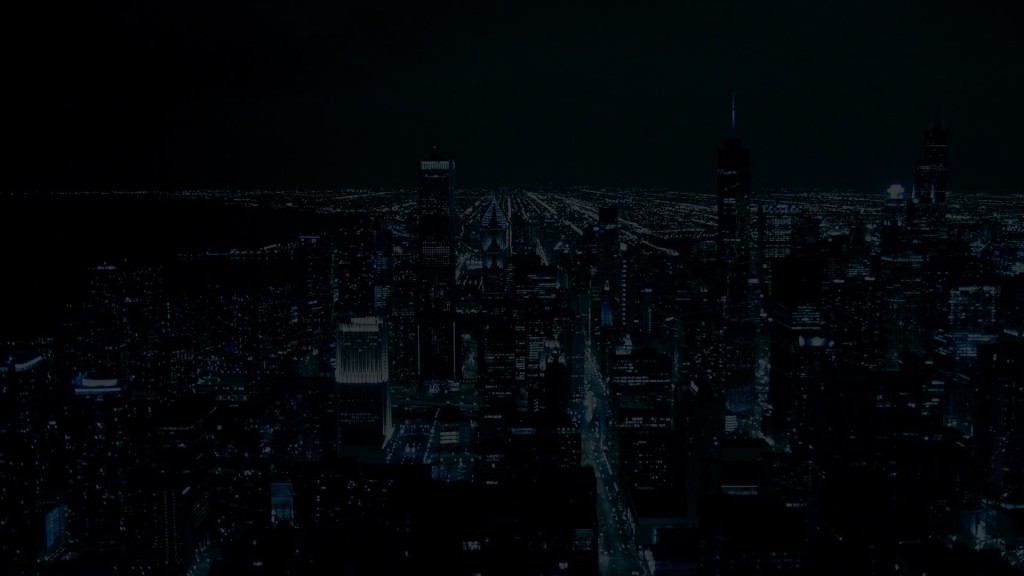
By Terez Howard
We all have a story to tell. Some naturally have more interesting stories than others, while the great story tellers have a way with words, even if their tales are not particularly earth-shattering. What we experienced in the past and experience at present, whether it directly relates to our niche or not, makes its way into our blogs.
But what is a blog? If youâre reading this, you have some idea. My husband recently asked me how the term blog got started. This definition is for him and anyone like him who would like to know the etymology of the word.
William Safire put it so well back in 2002. He wrote this: Blog is a shortening of Web log . It is a Web site belonging to some average but opinionated Joe or Josie who keeps what used to be called a ”commonplace book” — a collection of clippings, musings and other things like journal entries that strike one’s fancy or titillate one’s curiosity. What makes this online daybook different from the commonplace book is that this form of personal noodling or diary-writing is on the Internet, with links that take the reader around the world in pursuit of more about a topic.
That 8-year-old definition still applies to the present blog. It isnât just about writing a journal. Itâs about making a difference.
You have to know where you came from to know where youâre going.
That old adage has been recited to me many times. What does it mean to bloggers as a group? According to Safire, a blog would âstrike one’s fancy or titillate one’s curiosity.â When I read this, I wondered whose curiosity he was speaking of? The bloggerâs or the readerâs?
It should be both. A blog is meant to be shared and get an audience involved in a subject. You write what you know. You write what you love. You write what you hate. But more basically, you write what you find is interesting, and you hope that others will be interested, too.
How do you keep people interested?
Letâs go back to our history. Safire said bloggers should âtake the reader around the world.â One way to keep your audience interested is by guiding them through the world wide web with links that explore your topic deeper.
Bloggers can link to the following:
- Other peopleâs blog posts related to your topic.
- Your own related blog posts.
- Websites of businesses, communities and people you mention in your posts.
- Your other blogs.
- Your own websites.
- Videos relating to your content, by you or someone else.
- Audio downloads that explore your topic further, by you or someone else.
You can place these links at the beginning or end of your posts, depending on the link. You can have a designated page for these links, such as one that includes links to your other websites. You also can put links in your right or left panel, so theyâre easily accessible to visitors.
When your blog thoroughly provides answers to readers through content and external links, your audience will look to you as an expert in your niche. They will come back for more.
Now that you know your history as a blogger, how will that knowledge affect your future in blogging?
—
Terez Howard operates TheWriteBloggers, a professional blogging service which builds clientsâ authority status and net visibility. She regularly blogs at Freelance Writing Mamas . You’ll find her on Twitter @thewriteblogger
Thanks, Terez!
–ME “Liz” Strauss
Work with Liz on your business!!
